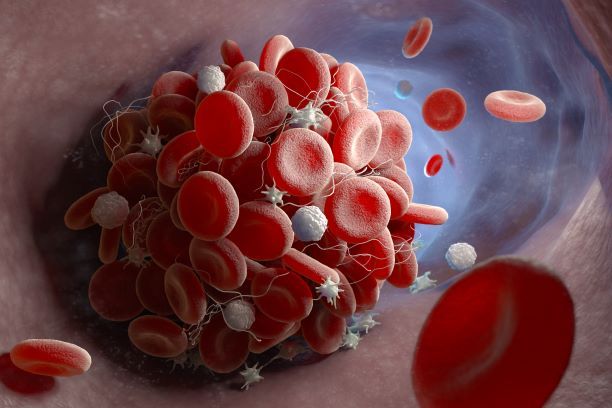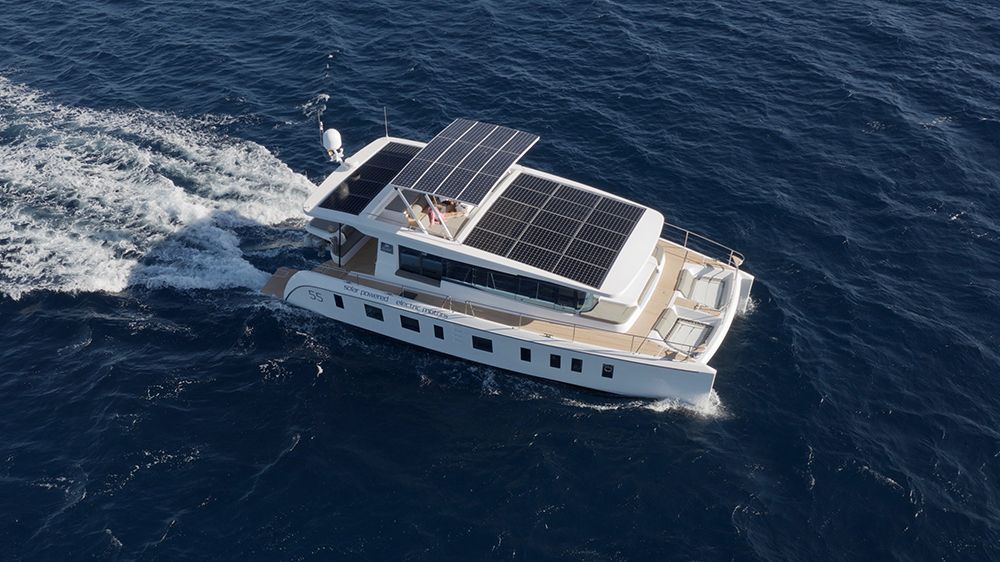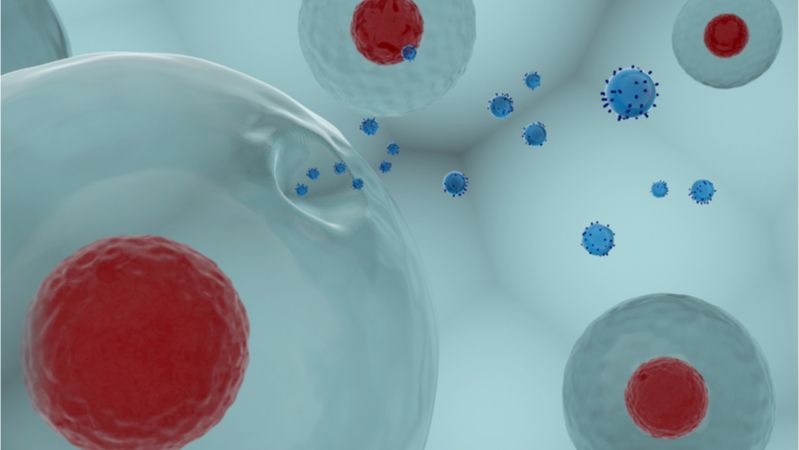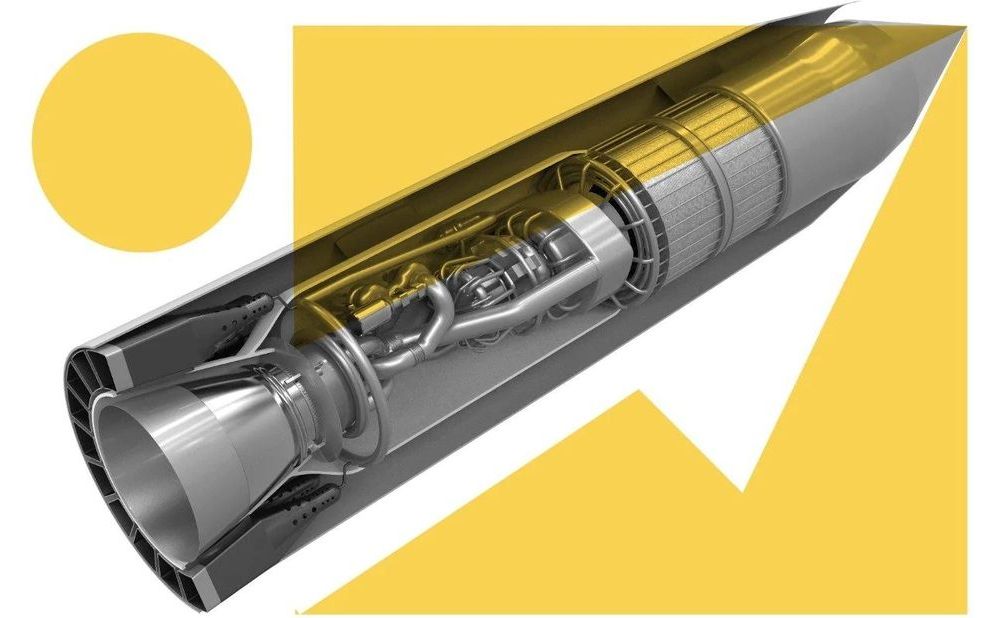Sep 25, 2019
Cellular senescence is associated with age-related blood clots
Posted by Paul Battista in categories: biotech/medical, life extension, neuroscience
Cells that become senescent irrevocably stop dividing under stress, spewing out a mix of inflammatory proteins that lead to chronic inflammation as more and more of the cells accumulate over time. Publishing in the September 24 edition of Cell Reports, researchers at the Buck Institute identified 44 specific senescence-associated proteins that are involved in blood clotting, marking the first time that cellular senescence has been associated with age-related blood clots.
“The incidence of venous thrombosis, which includes deep vein thrombosis and pulmonary embolism is extremely low until the age of 45, when it begins to rise rapidly. Over time it becomes a major risk factor for death. By 80, the condition affects five to six people per thousand individuals,” said Judith Campisi, PhD, Buck professor and senior co-author of the study. “Blood clots are also a serious side effect of chemotherapy, which sets off a cascade of senescence in those undergoing treatment. That’s why blood thinners, which carry their own risks, are often included in treatment protocols.”
Scientists in the Campisi lab and other labs around the world are working to develop senolytics, drugs which would clear senescent cells from the body, potentially providing treatment options for many age-related diseases that are either caused or linked to senescence. They include Alzheimer’s and Parkinson’s diseases, cardiovascular disease, osteoarthritis, macular degeneration, age-related cancers and sarcopenia, among others.


















